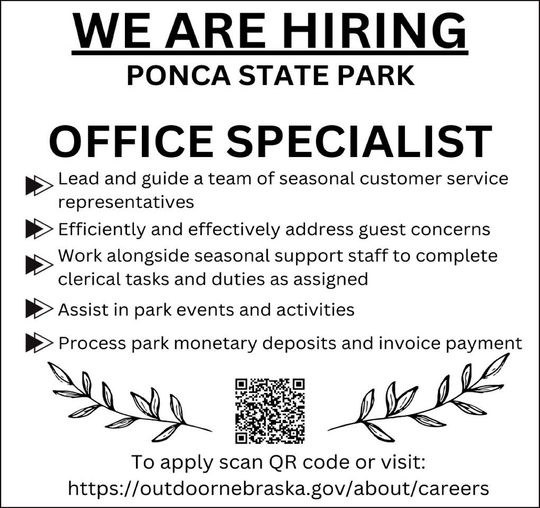LINCOLN – County fairs, livestock competitions, and rodeos, let people see, experience, and celebrate agriculture on a different level. Since many agricultural events take place during the summer, now is the perfect time for the Nebraska Department of Agriculture (NDA) to remind livestock owners to protect their animals and to keep them healthy, especially livestock participating in shows and competitions.
“Livestock diseases can be spread by contact with sick animals and their equipment, just like people can spread illness to each other when gathered in a group and by touching shared surfaces,” said State Veterinarian Roger Dudley. “By practicing strict biosecurity measures, livestock owners can help protect their animals from diseases and also help keep Nebraska’s livestock industry healthy.”
Here are some biosecurity tips to follow before, during, and after livestock shows.
Before the show
Monitor your animal’s health. If your animal is sick, do not attend the show.
Clean and disinfect your show equipment and trailer before going to the show.
During the show Monitor your animals for heat stress and any signs of illness.
Do not share equipment or tools with other exhibitors.
When watering your animals using a community hose, do not allow your animal to drink directly from the hose or dip the community hose in your bucket.
After the show
When returning from a show, isolate your show animals from other animals at your farm and watch for signs of illness. Do not allow noseto- nose contact between these sets of animals.
Consult a veterinarian if your animal becomes ill.
Don’t share supplies like buckets, feed pans, etc. between isolated animals and other animals. All equipment should be thoroughly cleaned, disinfected, and allowed to dry after use in the isolation area.
Clean and disinfect equipment, clothing, shoes, show box and contents, and vehicles/trailers that were used at the show.
To help prevent the spread of diseases, Nebraska has import restrictions for livestock coming into the state from states that have confirmed reportable disease cases. If you are considering moving an animal into Nebraska, please visit https:// nda.nebraska.gov/animal/imports/ import-requirements.html or call 402-471-2351 to learn more about any importation orders that are currently in place.
Individuals from Nebraska transporting animals to exhibitions in other states should contact the destination state to learn about their import requirements before transporting animals.
Individuals or practitioners who suspect or have concerns about livestock diseases should contact NDA at 402-471-2351.







